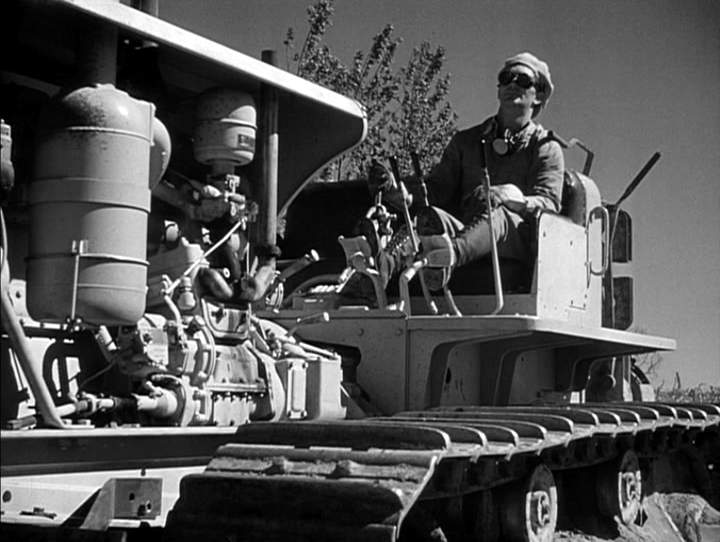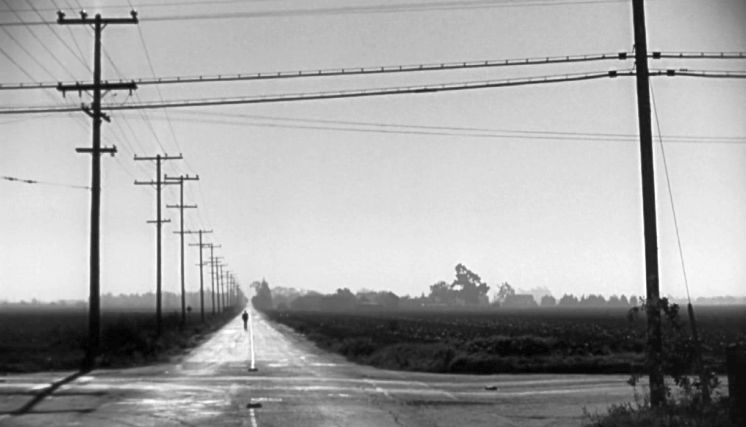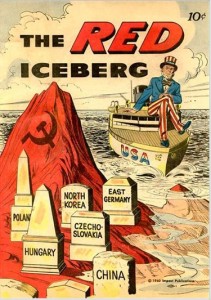On this day, the sun glowing on the morning beach made us feel good. It reminded us of Charles Darwin, who arrived late at night on the Beagle in the Bay of Valparaiso. In the morning he awakened and looked ashore and he felt so well that he wrote “When morning came everything appeared delightful. After Tierra del Fuego, the climate felt quite delicious, the atmosphere so dry and the heavens so clear and blue with the sun shining brightly, that all nature seemed sparkling with life.” Darwin was not saying how it was with Valparaiso but how it was with him … we can feel how he stretched his muscles in the morning air and perhaps took off his hat – we hope a bowler – and tossed it and caught it. – John Steinbeck, The Log from the Sea of Cortez
Perhaps one of the most striking qualities of Steinbeck’s The Grapes of Wrath is its realism: the novel, and later the film, depicted migrant workers and the trials they endured with empirical honesty.
“If you were making money, you didn’t like [Steinbeck]. If you were coming up through the classes you were a fan of him. But even those that disliked him respected his writing. He just wrote things as they really were. I remember everything exactly as the way he wrote it.” – Dorothy Wallace, neighbor to the Steinbeck family
Underlying the complex human emotions of The Grapes of Wrath are a clear set of facts about the Great Depression and the Dust Bowl. We know the macroeconomic principles (failed laissez faire economics, a choked cycle of supply and demand) and the environmental failures of agriculture in the midwest (a combination of drought and topsoil erosion) that shaped the reality of the Joads and the many migrant workers they represented. What follows is a clear and untampered-with narrative– in some respects, a scientific appraisal of the situation, a simple elucidation of effects. And much like science does, The Grapes of Wrath in both film and book form illuminated a universe previously unknown, calling for a new empathy for “Okies” and “Arkies” and the tumult they brought to California.
Steinbeck is of course no scientist in the traditional sense, as he deals more with feeling than fact. But therein lies the realest truth. As he writes in The Log from the Sea of Cortez, a record of a collecting expedition taken with a marine biologist, the number of dorsal spines on the Mexican sierra is “the least important reality concerning either the fish or yourself”. On the other hand…
“if the sierra strikes hard on the line so that our hands are burned, if the fish sounds and nearly escapes and finally comes in over the rail, his colour pulsing and his tail beating the air, a whole new relational external reality has come into being.”
https://www.theguardian.com/science/2012/apr/11/science-writing-john-steinbeck-log-sea-cortez
http://education.nationalgeographic.org/news/grapes-wrath/












 If you look at the map above this, the effects of the Great Depression’s population move can still be seen. The East Coast is obviously crowded because that’s where people first settles, and then as you go to the middle of the country (especially to where the Joad family would have lived), the population begins to drop off. It gets red again at the West Coast. This is consistent with what was talked about above. About 80 years ago, everyone moved from the middle of the country to the western side, and they’ve been living there ever since.
If you look at the map above this, the effects of the Great Depression’s population move can still be seen. The East Coast is obviously crowded because that’s where people first settles, and then as you go to the middle of the country (especially to where the Joad family would have lived), the population begins to drop off. It gets red again at the West Coast. This is consistent with what was talked about above. About 80 years ago, everyone moved from the middle of the country to the western side, and they’ve been living there ever since.